Is South Korea's young democracy under threat?
Attempts to arrest the impeached President Yoon have shown the 'erosion of the rule of law'
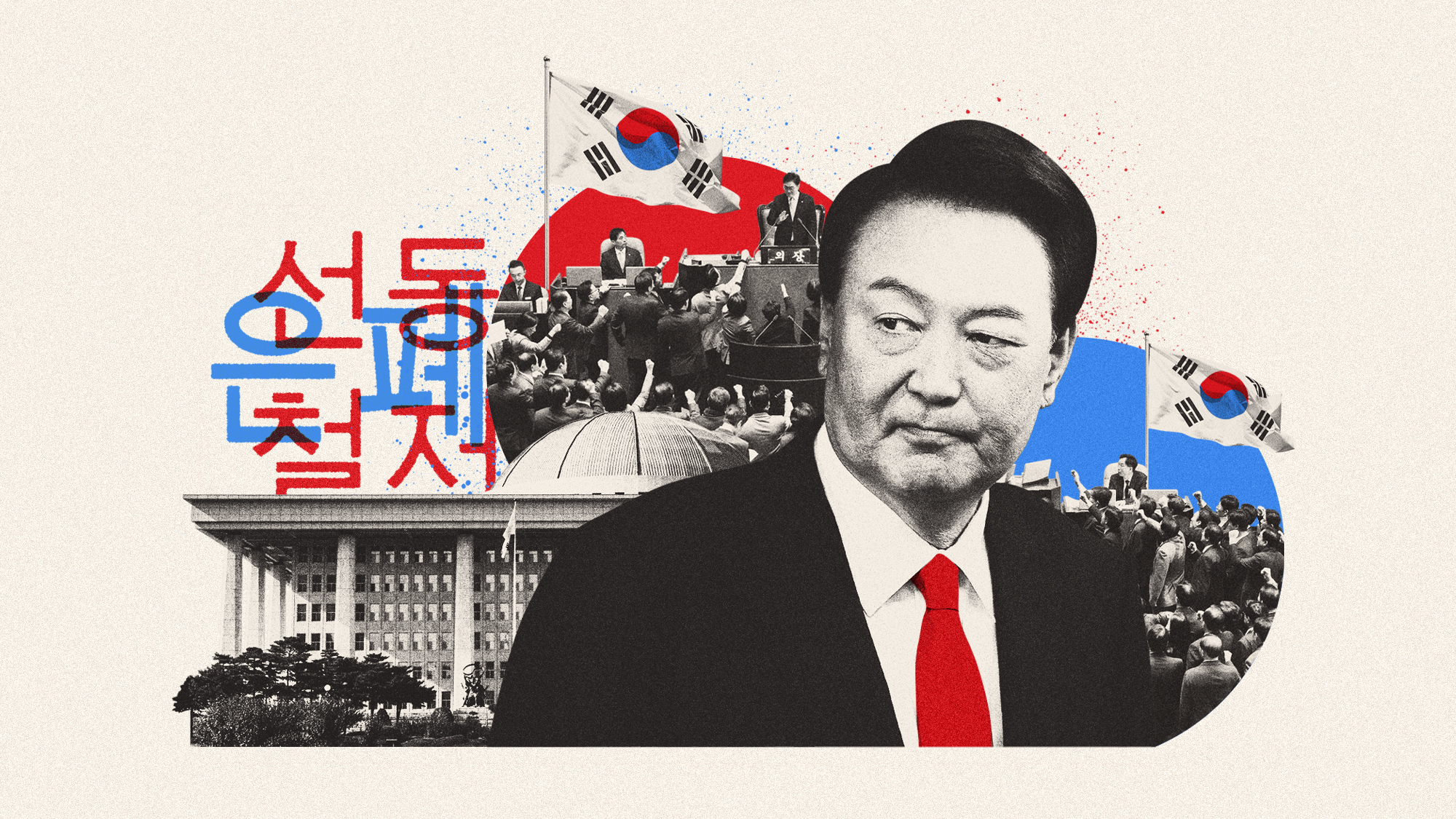
A free daily email with the biggest news stories of the day – and the best features from TheWeek.com
You are now subscribed
Your newsletter sign-up was successful
The security chief of impeached South Korean President Yoon Suk-yeol has resigned, a week after leading the team that blocked Yoon's arrest over his brief declaration of martial law.
Park Chong-jun stepped down after being questioned by police over alleged obstruction of duties, and his resignation was accepted by the acting president Choi Sang-mok. Speaking outside police headquarters in Seoul, Park criticised attempts to arrest a sitting president, adding "there should not be any physical clash or bloodshed" in any further attempts.
Meanwhile, criminal investigators looking into Yoon's alleged insurrection are said to be "mulling their next move", according to Bloomberg. Yoon remains "holed up at his hillside residence" following last week's six-hour stand-off between police and the Presidential Security Service, led by Park, said Reuters.
The Week
Escape your echo chamber. Get the facts behind the news, plus analysis from multiple perspectives.

Sign up for The Week's Free Newsletters
From our morning news briefing to a weekly Good News Newsletter, get the best of The Week delivered directly to your inbox.
From our morning news briefing to a weekly Good News Newsletter, get the best of The Week delivered directly to your inbox.
What did the commentators say?
Yoon's short-lived declaration of martial law on 3 December has "plunged one of Asia's most vibrant democracies into a period of unprecedented political turbulence", said Reuters. While South Korean democracy looks "on balance" to be safe, recent events suddenly make its democracy look "young and vulnerable", said Tortoise. South Korea's military dictatorship ended less than 40 years ago, in 1987.
In Seoul, there is a "sense of underlying unease", said The Times. "Sure, the martial law declaration in early December only lasted six hours, but what if it hadn't?" For the younger generation, "martial law was something from their parents' stories or history textbooks about the 1980s. Now they've witnessed what many call the gravest threat to South Korean democracy since those dark days."
This is a country that has "masterfully projected itself globally through K-pop, award-winning films and Netflix sensations", such as "Squid Game". But "beneath the polished surface, old wounds and new crises are tearing at society".
Nowhere are the "bitter divisions" in South Korean society more apparent than the daily protests outside the presidential residence in Seoul. Here, "supporters of the impeached president wave flags and shout 'illegal impeachment' while opponents demand his immediate arrest for attempting to overthrow democracy".
A free daily email with the biggest news stories of the day – and the best features from TheWeek.com
Yoon's failed arrest also raised "urgent questions about the state of South Korea's governance and political disarray: Who's in charge?" said The Washington Post. Acting President Choi is the second interim leader since 14 December, after Prime Minister Han Duck-soo, who initially took over from Yoon and was himself impeached amid opposition criticism he was stalling judicial appointments needed to continue Yoon's impeachment process.
And the "erosion of the rule of law and the chain of command comes at a worrying moment", said The Economist. A North Korean mid-range ballistic missile test, which took place while outgoing US secretary of state Antony Blinken visited Seoul earlier this week, served as a timely reminder "that the turbulent world around South Korea will not wait for it to resolve its own crises".
What next?
Criminal investigators have obtained another arrest warrant and Yoon now faces a "new and potentially more robust attempt" to arrest him for insurrection, said Reuters.
Yoon is also under a separate Constitutional Court trial reviewing parliament's impeachment of him, which will decide whether to remove him from office permanently or reinstate him. His lawyers have said Yoon will accept the verdict of the court.
Sorcha Bradley is a writer at The Week and a regular on “The Week Unwrapped” podcast. She worked at The Week magazine for a year and a half before taking up her current role with the digital team, where she mostly covers UK current affairs and politics. Before joining The Week, Sorcha worked at slow-news start-up Tortoise Media. She has also written for Sky News, The Sunday Times, the London Evening Standard and Grazia magazine, among other publications. She has a master’s in newspaper journalism from City, University of London, where she specialised in political journalism.
-
 How the FCC’s ‘equal time’ rule works
How the FCC’s ‘equal time’ rule worksIn the Spotlight The law is at the heart of the Colbert-CBS conflict
-
 What is the endgame in the DHS shutdown?
What is the endgame in the DHS shutdown?Today’s Big Question Democrats want to rein in ICE’s immigration crackdown
-
 ‘Poor time management isn’t just an inconvenience’
‘Poor time management isn’t just an inconvenience’Instant Opinion Opinion, comment and editorials of the day
-
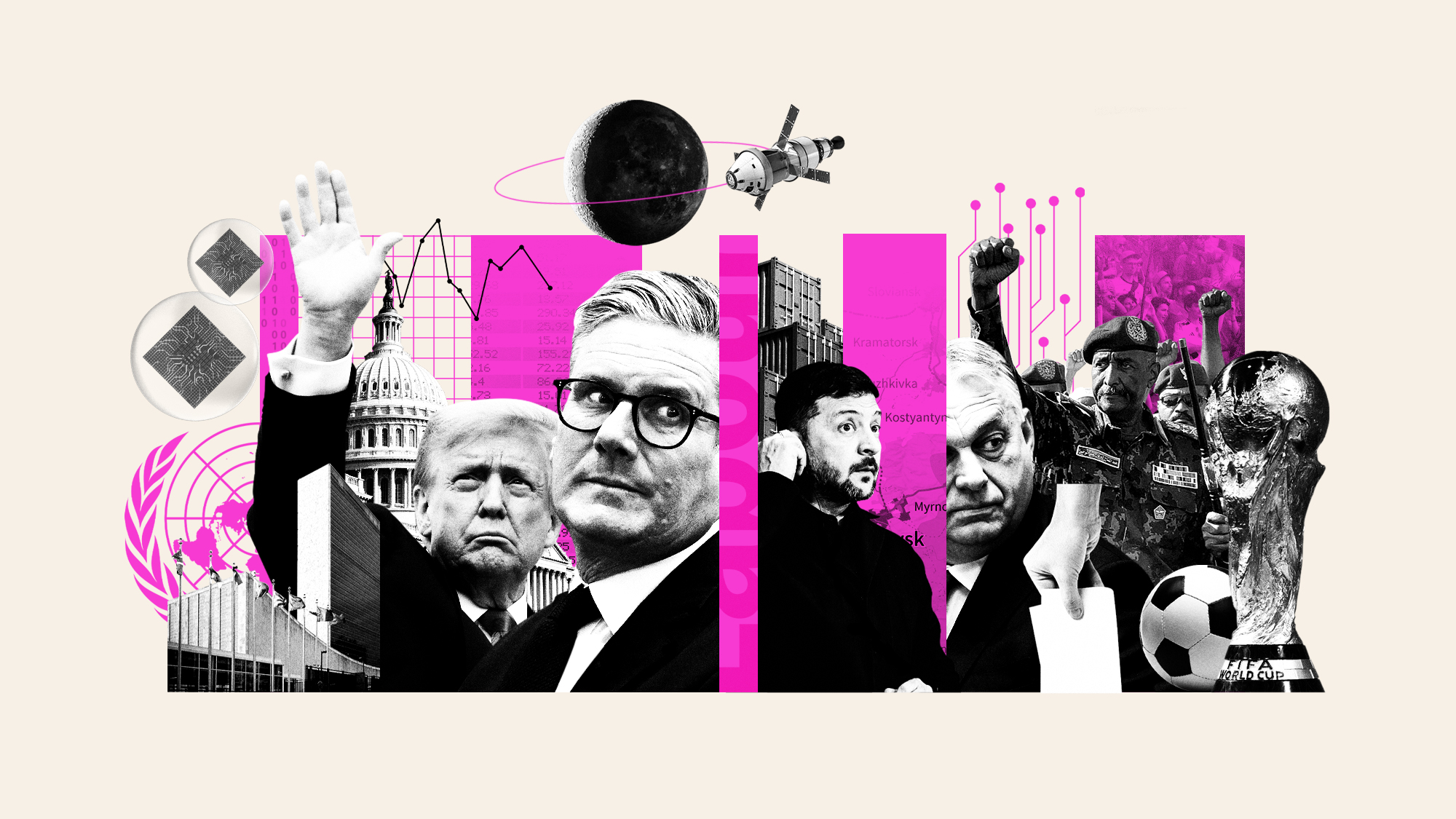 What will happen in 2026? Predictions and events
What will happen in 2026? Predictions and eventsIn Depth The new year could bring peace in Ukraine or war in Venezuela, as Donald Trump prepares to host a highly politicised World Cup and Nasa returns to the Moon
-
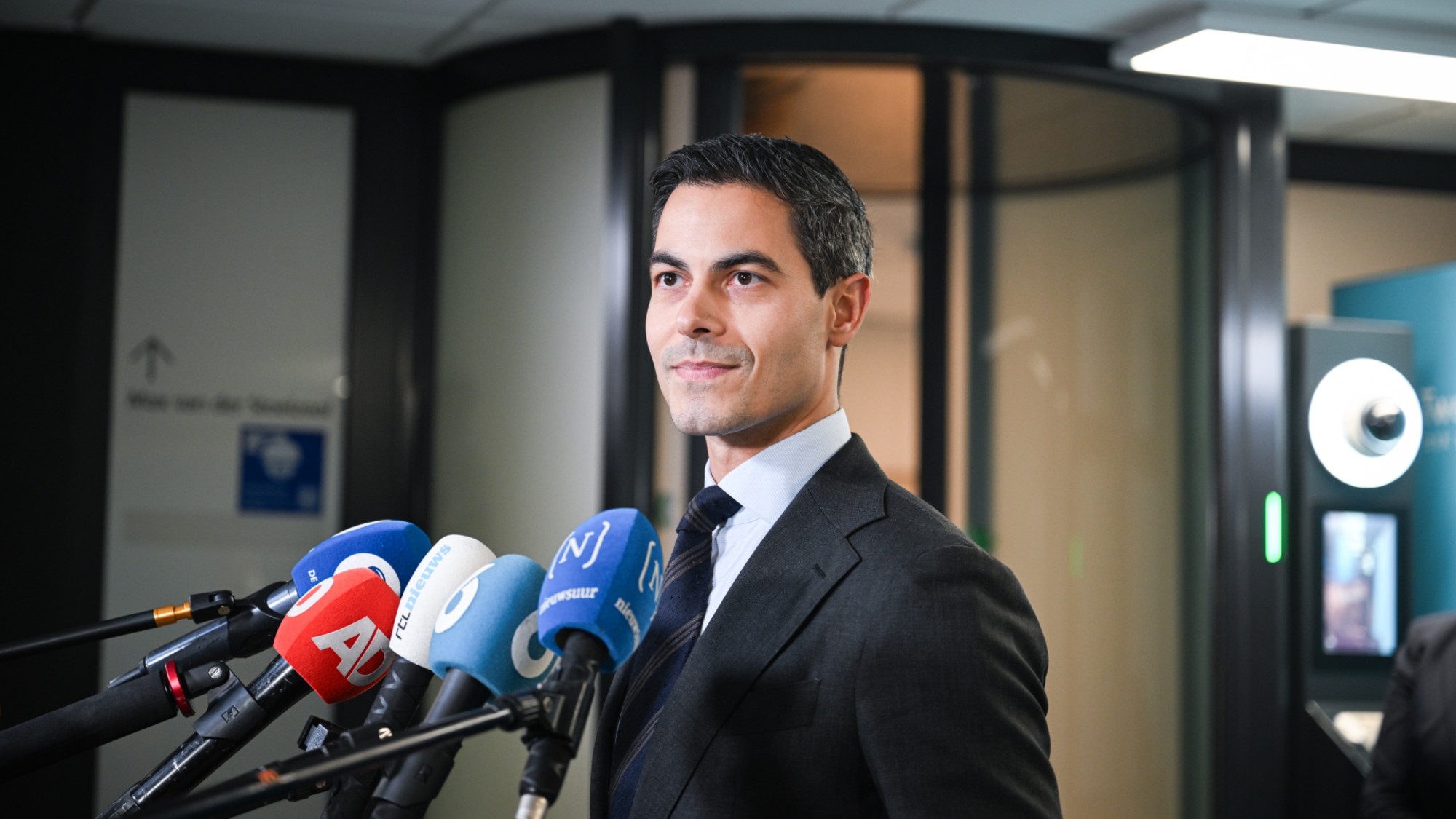 Rob Jetten: the centrist millennial set to be the Netherlands’ next prime minister
Rob Jetten: the centrist millennial set to be the Netherlands’ next prime ministerIn the Spotlight Jetten will also be the country’s first gay leader
-
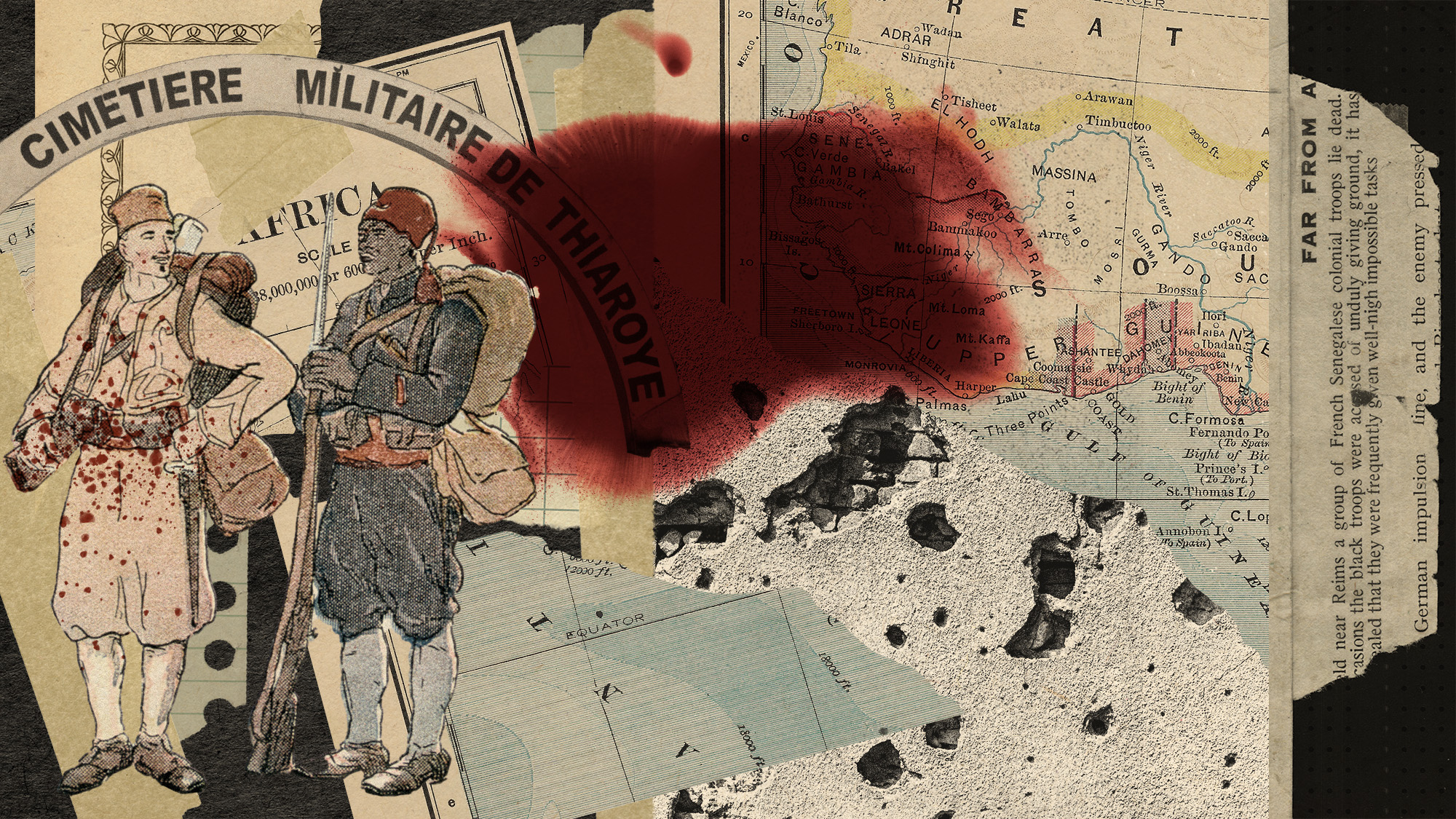 The WW2 massacre dividing Senegal and France
The WW2 massacre dividing Senegal and FranceUnder the Radar A new investigation found the 1944 Thiaroye attack on ‘unarmed’ African soldiers was ‘premeditated’, and far deadlier than previously recorded
-
 Sanae Takaichi: Japan’s Iron Lady set to be the country’s first woman prime minister
Sanae Takaichi: Japan’s Iron Lady set to be the country’s first woman prime ministerIn the Spotlight Takaichi is a member of Japan’s conservative, nationalist Liberal Democratic Party
-
 Rise of the far-right: what’s behind the popularity of Vox in Spain?
Rise of the far-right: what’s behind the popularity of Vox in Spain?The Explainer Disillusioned younger voters are being drawn to Santiago Abascal’s party
-
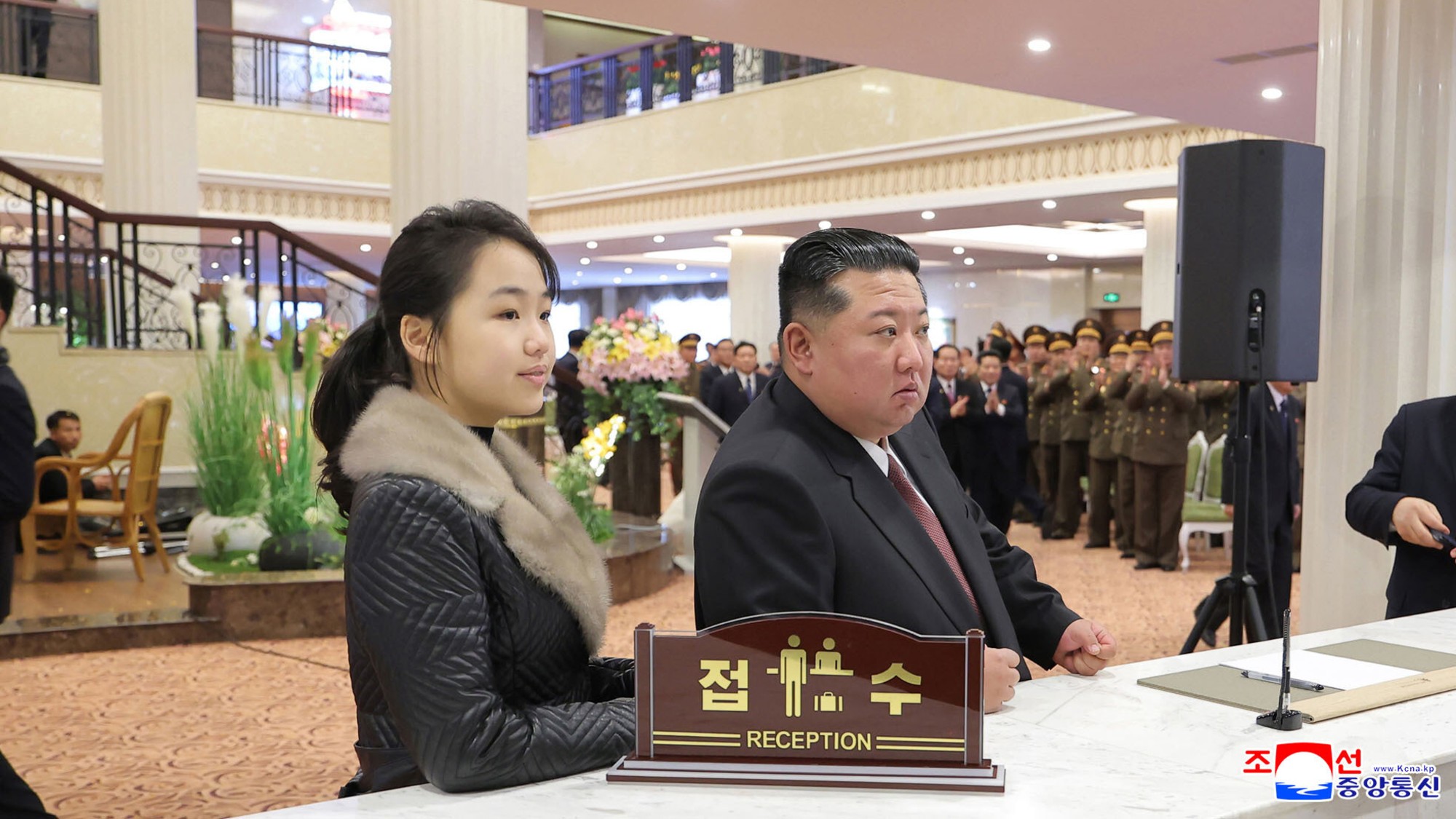 Kim Ju-ae: Kim Jong-un’s teen daughter and North Korea’s next leader
Kim Ju-ae: Kim Jong-un’s teen daughter and North Korea’s next leaderIn the Spotlight The girl is believed to be about 13 or 14 years old
-
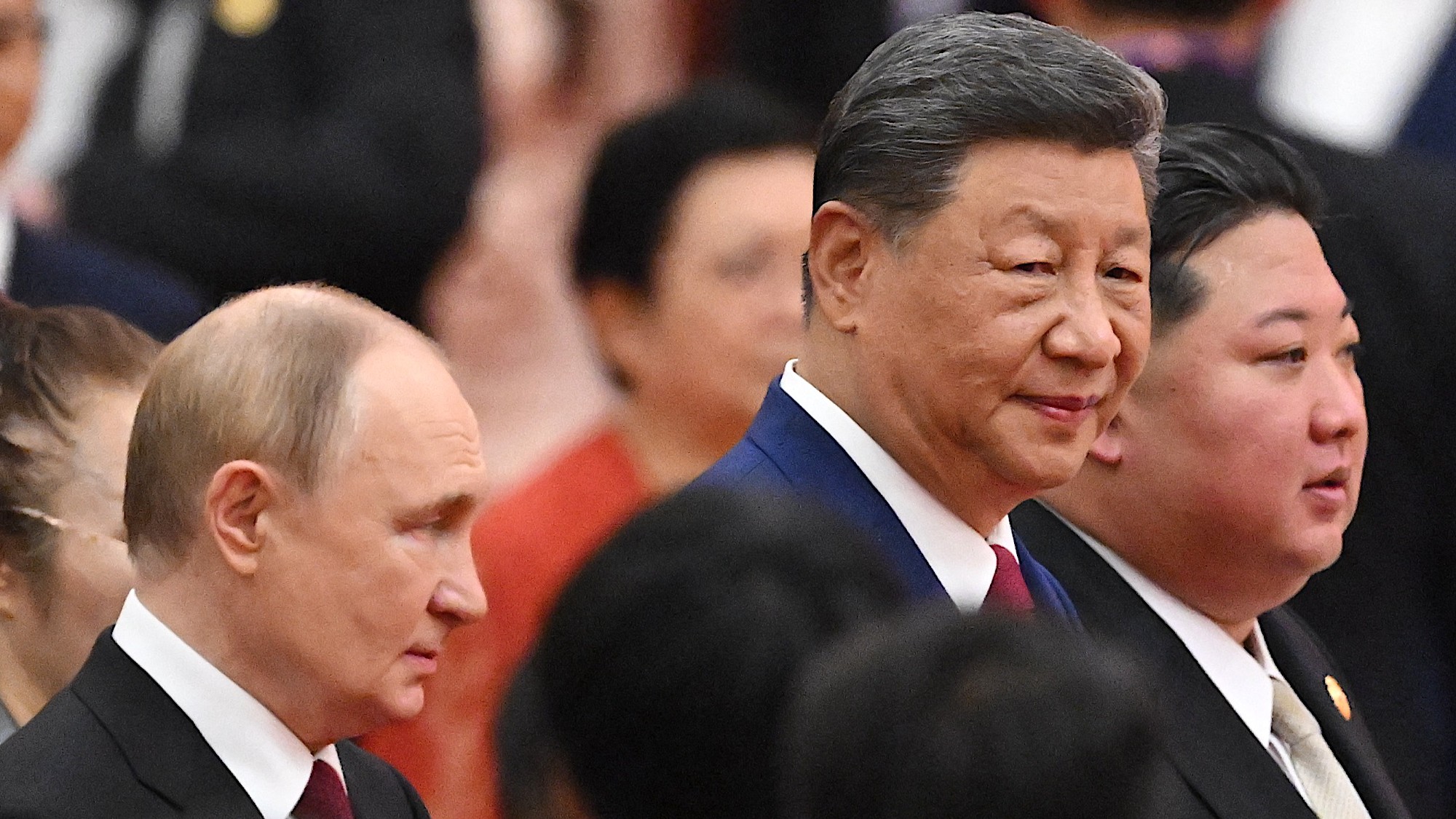 'Axis of upheaval': will China summit cement new world order?
'Axis of upheaval': will China summit cement new world order?Today's Big Question Xi calls on anti-US alliance to cooperate in new China-led global system – but fault lines remain
-
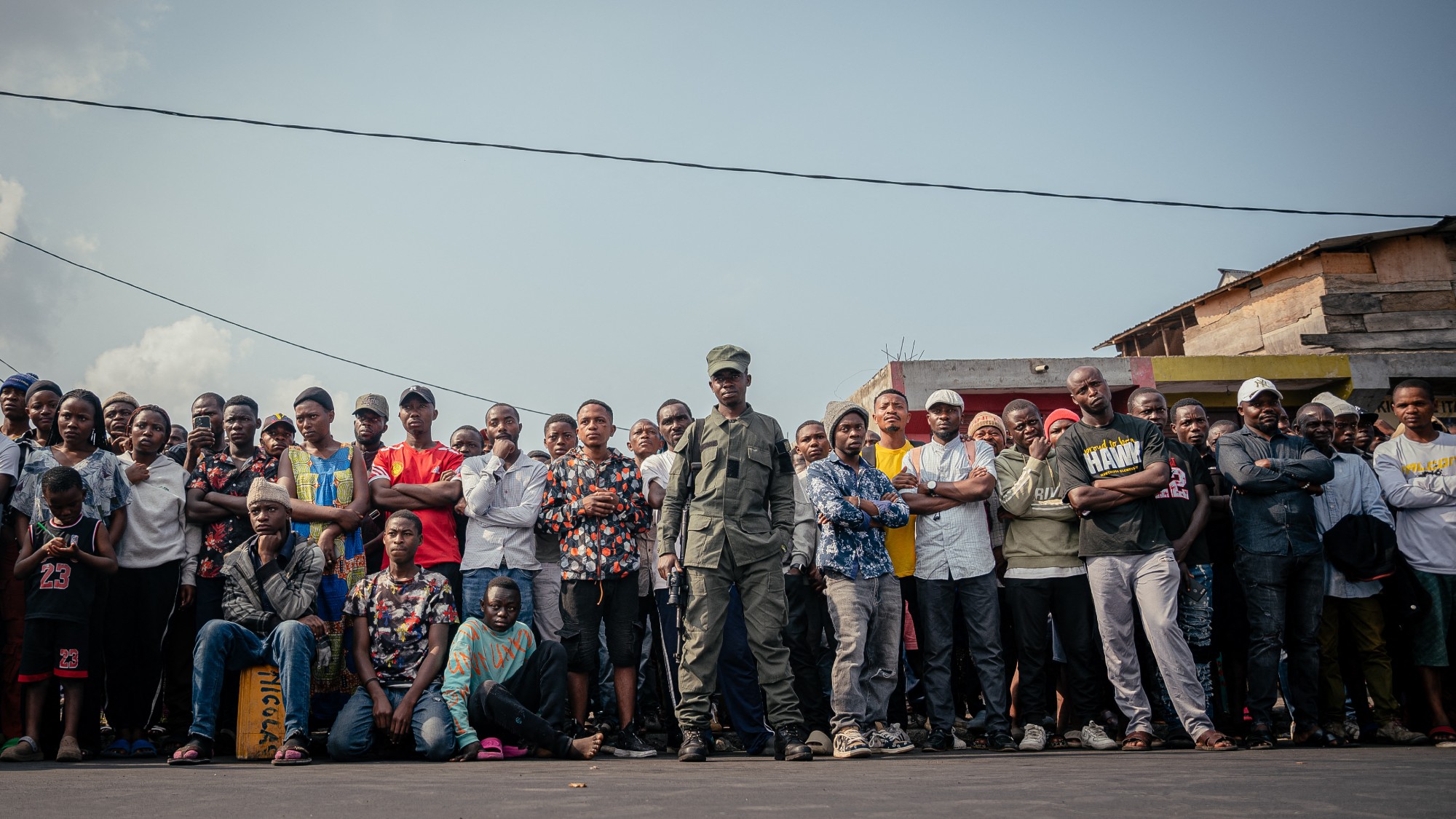 Is Trump's new peacemaking model working in DR Congo?
Is Trump's new peacemaking model working in DR Congo?Talking Point Truce brokered by the US president in June is holding, but foundations of a long-term peace have let to be laid